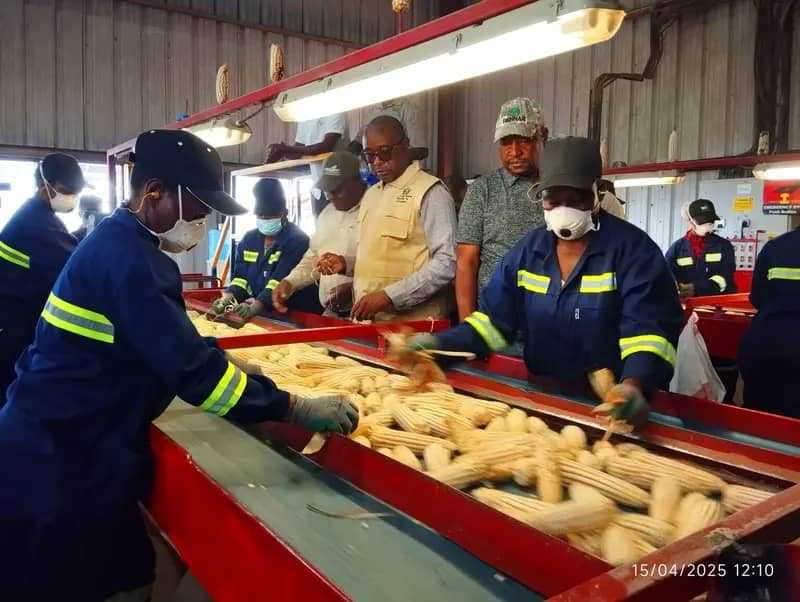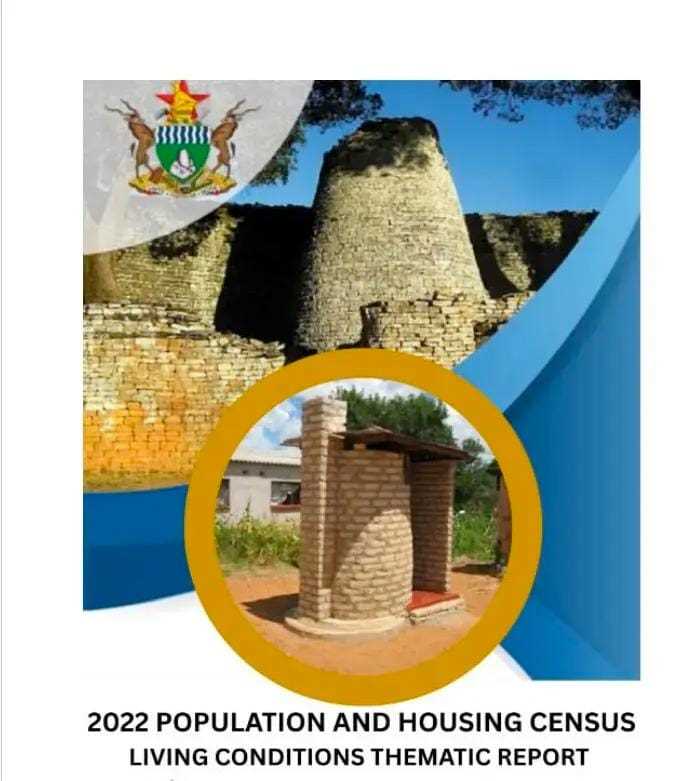
Rutendo Mazhindu- Zim Now Reporter
Deputy Minister of Lands, Agriculture, Fisheries, Water and Rural Development, Davis Marapira, has expressed satisfaction with preparations for the upcoming 2025/26 cropping season, saying the government and its partners are ready to deliver farming inputs on time.
Speaking after a tour of the Valley Seeds processing plant in Murehwa, Marapira said there is a strong focus on irrigation-based farming and that seed distribution should begin early to support farmers.
“I am very pleased with our level of preparedness for the summer and the 2025/26 season. The maize crop, primarily grown for seed, looks very promising,” he said.
Marapira noted that the distribution of inputs under the Presidential Inputs Scheme would begin as early as mid-September for farmers with irrigation, while others would receive seed by mid-November.
“By September 15th, our farmers, particularly those using irrigation, should begin receiving their inputs,” he said. “By mid-November, every farmer should have seeds delivered directly to their fields.”
He added that the government, working with Valley Seeds, has secured enough seed for the season.
Marapira also urged farmers to begin preparing land for the Pfumvudza/Intwasa programme, saying early field work would improve soil conditions ahead of planting.
Related Stories
“We encourage all farmers practicing the Pfumvudza programme to begin field preparations now. As they harvest, they should also start digging Pfumvudza holes while the soil is still moist,” he said. “They can fertilize the holes with manure. By the time planting begins, the manure and soil will have mixed well.”
He advised farmers to carry out soil pH tests early to ensure their land meets the right conditions for crop growth.
“Another critical step is soil pH testing,” Marapira said. “Farmers should test their fields to ensure optimal pH levels, as this is key to soil health.”
Soil pH affects nutrient uptake by crops, with the ideal range being between 6.0 and 7.5.
Valley Seeds Technical Director Patrick Sajeni said their seed varieties are designed to suit the country’s changing climate.
“We have good varieties suitable for the whole country,” Sajeni said. “In Matabeleland, we have sunflowers, sorghum, and cowpeas. In high-rainfall areas, we have introduced new varieties that match the impacts of climate change.”
He added that the government would supply farmers with seeds suitable for all regions.




















Leave Comments